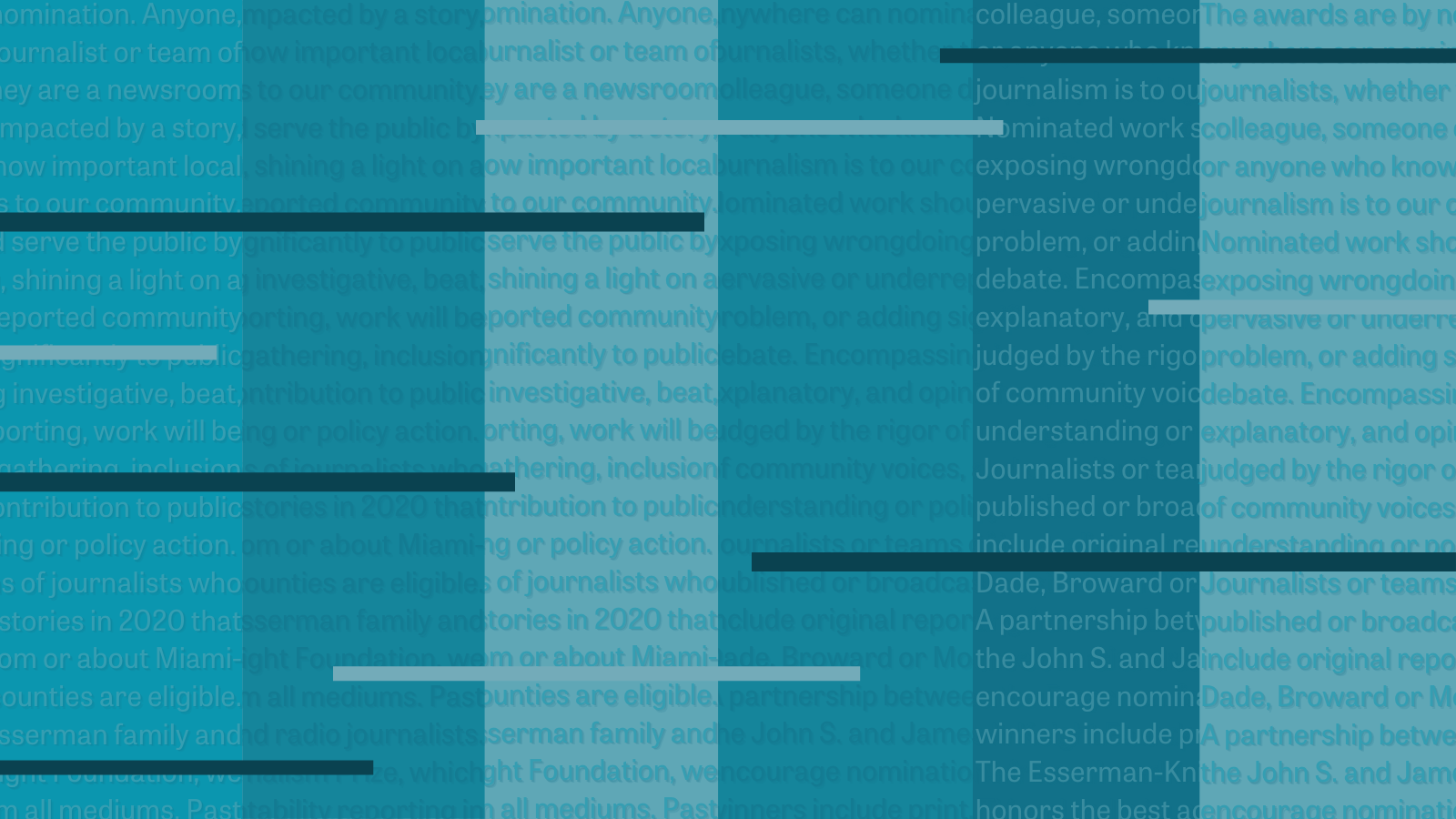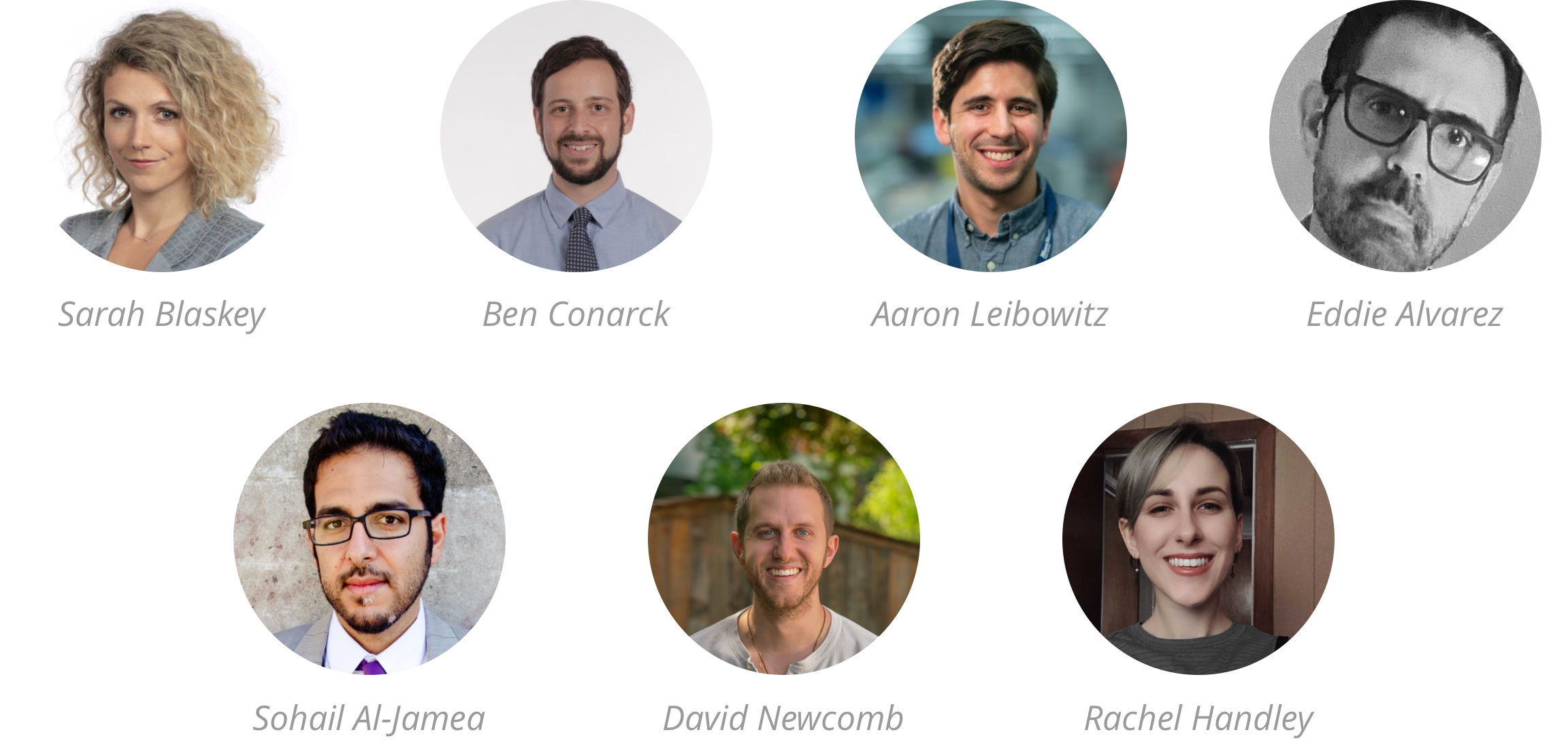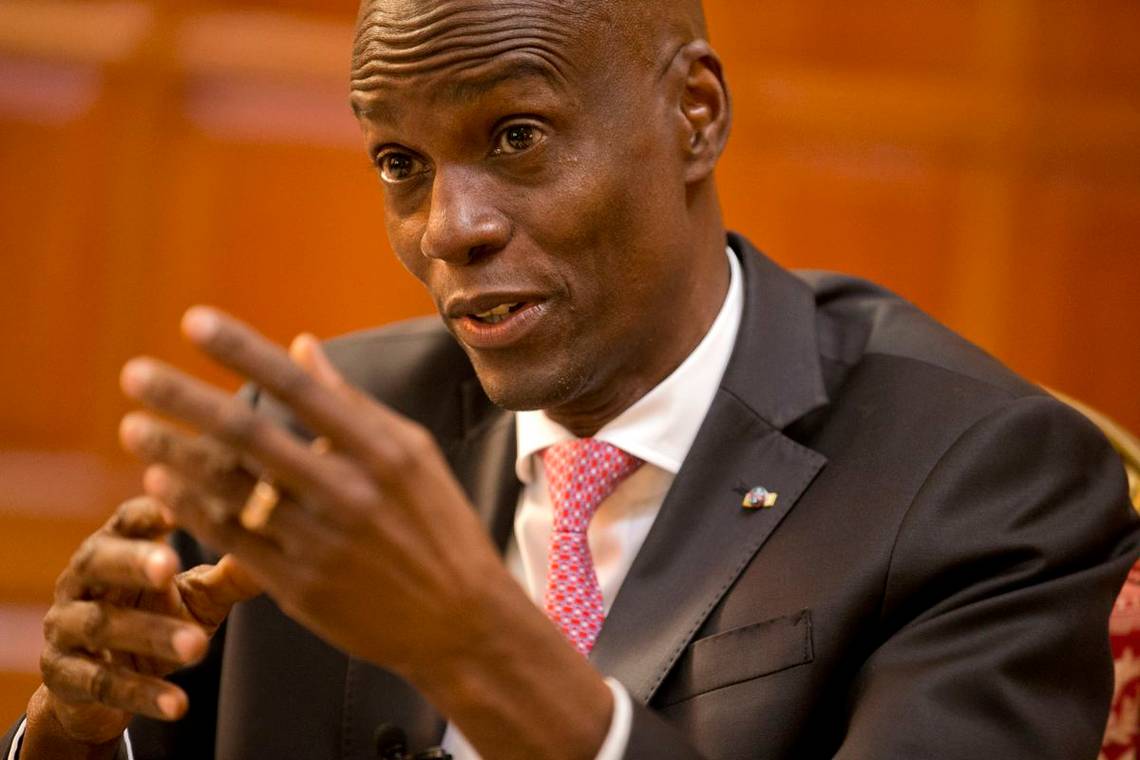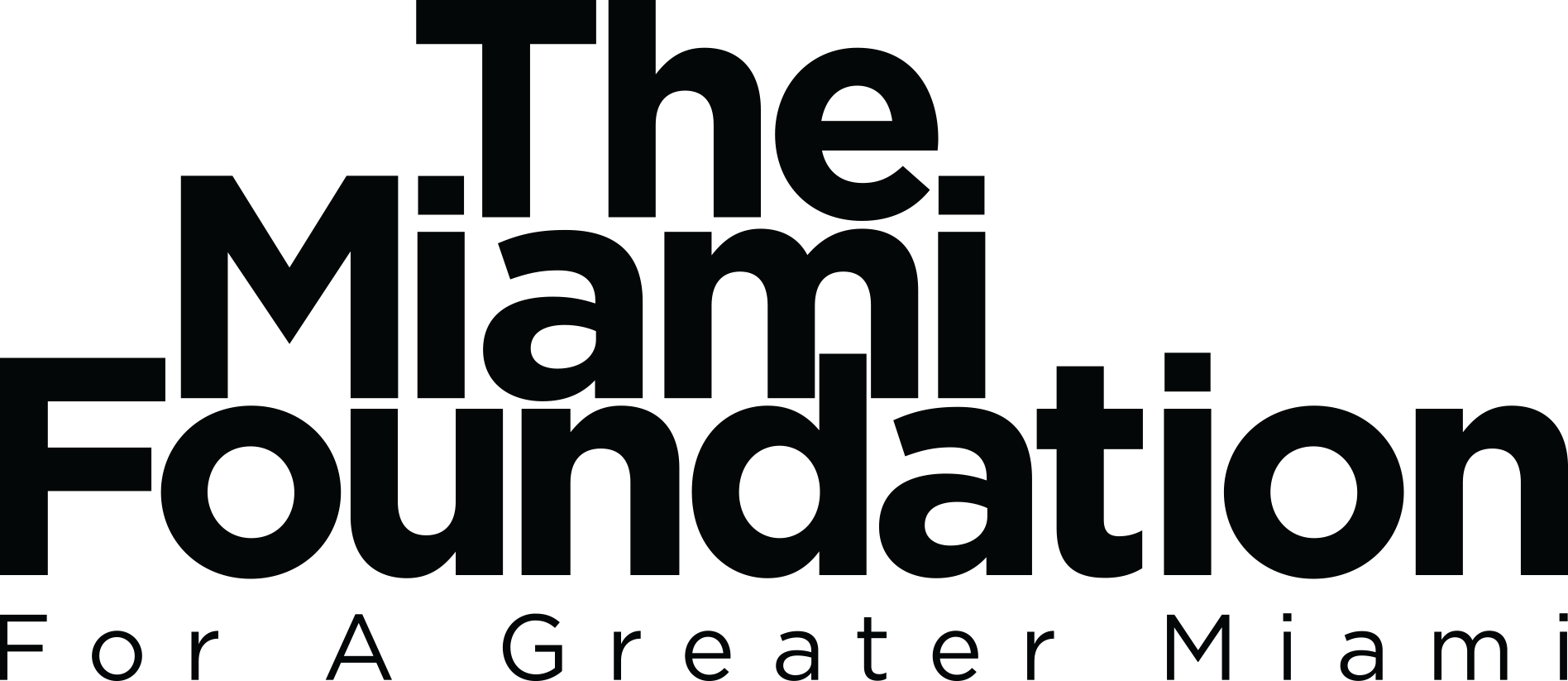
Esserman-Knight Journalism Awards 2022

Congratulations to the 2022 winners of the Esserman-Knight Journalism Awards!
This year’s Esserman-Knight Journalism Awards began with a public call for nominations, garnering 48 submissions from South Florida media that included newspapers, online, radio, television and podcasts. The selection committee included professional journalists and community leaders, as well as members of the Esserman family and Knight’s Journalism program staff.
The Awards video is hosted by Telemundo news anchor Nicole Suárez and features interviews with 2022 National Excellence in Journalism Honoree Leonard Pitts, Jr. and this year’s award winners.
Explore their award-winning investigative stories below:
2022 Winners
2022 National Excellence in Journalism Honoree

Leonard Pitts, Jr.
Leonard Pitts, Jr. is an author and journalist renowned for his commentary on issues such as race and justice. His work has been recognized with several awards, including the 2004 Pulitzer Prize for Commentary. He is being honored by the Esserman Family and Knight Foundation for his lifetime contributions to the field. You can follow his work on Twitter and the Miami Herald.
First Place ($10,000)

House of Cards, How decades of problems converged the night Champlain Towers fell

Journalistic team: Sarah Blaskey, Ben Conarck, Aaron Leibowitz, Eddie Alvarez, Sohail Al-Jamea, David Newcomb, and Rachel Handley for the Miami Herald
Second Place ($5,000)

Tallahassee Takeover

Journalist: Daniel Rivero for WLRN
Honorable Mention ($1,000)

Assassination of Haiti’s President

Journalist: Jacqueline Charles for the Miami Herald
Honorable Mention ($1,000)

FPL investigative series

Journalist: Mary Ellen Klas for the Miami Herald
Honorable Mention ($1,000)

Misuse of Police K9s on Black residents

Journalistic team: Brittany Wallman, Mario Ariza, and Megan O’Matz for the
South Florida Sun Sentinel
Honorable Mention ($1,000)

Surfside building collapse coverage

Journalistic team: Spencer Norris, Brittany Wallman, Mario Ariza, Lisa J. Huriash, and Susannah Bryan for the South Florida Sun Sentinel
We also celebrate the following finalists for these incredible stories and their outstanding public service journalism:
Finalists
Alex DeLuca, Miami New Times
Daniel Ducassi, Florida Bulldog
Noreen Marcus, Florida Bulldog
Noreen Marcus, Florida Bulldog
Amanda Mariscal, Univision 23
Valentina Palm, South Florida Media Network
Romina Ruiz-Goiriena, USA Today
About the Esserman-Knight Journalism Awards
The Esserman-Knight Journalism Awards seek to celebrate and encourage outstanding investigative and public service reporting in South Florida and to foster a community that cares deeply about local news.
Finding themselves in a moment when the local news model is in peril and the free press often under attack, the Esserman family joined with the John S. and James L. Knight Foundation to support local journalism that holds the powerful accountable and tells stories that make a difference. “We encourage others to join us and the Knight Foundation in this endeavor to sustain a free press by supporting local journalism,” said Charlene Esserman.
Entries should serve the public by holding the powerful to account, shining a light on a pervasive or underreported community problem, or breaking new ground on an issue. The work will be judged by the quality of analysis and storytelling, the rigor of newsgathering, the inclusion of community voices, and the impact on public understanding or action.
The awards are by nomination only. Anyone can nominate an article or series of related articles (up to three) on a single topic focused on South Florida. The awards include a $10,000 first prize, a $5,000 second prize, and honorable mentions at $1,000. Winners will be notified in April with an awards ceremony and public announcement to follow.
The Esserman-Knight Journalism Awards has recognized some of South Florida’s most impactful investigative stories and has become an honored tradition in the local journalism scene.
For a full list of past winners and honorees, please visit:


For further questions, please email: [email protected]
Esserman Knight

—
FAQ
How are the winners selected?
The Esserman-Knight Journalism Awards are by nomination only. Anyone – newsroom colleagues, a member of the public, or someone impacted – can nominate an article or a series of related articles (up to three) by a journalist or team. Self-nominations, however, are not accepted.
Nominations will be accepted through a simplified application from February 28, 2022, 9:00 a.m. through March 15, 2022, 11:59 p.m. EST through this online nomination form. The nomination form is easy to fill out. Nominators need only provide a link to the story or stories being submitted along with a brief explanation.
All journalists and journalism teams nominated will subsequently be contacted and asked to fill out a form to provide more information about their work. A jury of professional journalists and community leaders will then select the winners.
Who can nominate a journalist or team of journalists?
Anyone, living anywhere, can nominate a journalist or a team of journalists. For example, nominators can be people who work in journalism, members of the public, or a person impacted by a news story. You can also nominate more than once.
Who can be nominated?
A journalist or team of journalists can be nominated for a story or series of related stories (up to three) published or broadcast in 2021 that include original investigative or public service reporting from Miami-Dade, Broward, or Monroe counties. Entries should serve the public by holding the powerful to account, shining a light on a pervasive or underreported community problem, or breaking new ground on an issue. The work will be judged by the quality of analysis and storytelling, the rigor of newsgathering, the inclusion of community voices, and the impact on public understanding or action.
How many awards will be given in 2022?
The 2022 awards include a $10,000 first prize, a $5,000 second prize, and honorable mentions at $1,000.
Will my nomination of a journalist be made public?
Your nomination may be shared with the journalists behind the story and with the public.
After I make a nomination, may I edit my submission?
Yes. You may edit your nomination with any updates, changes, or basic corrections throughout the nomination phase. Once the review phase begins, applications will be closed for editing. Please make any changes as soon as possible.
Can journalists from organizations based outside South Florida apply for this prize?
While the works nominated must focus on Miami-Dade, Broward, or Monroe counties, they do not need to be published or broadcast by an organization based there. This means that reporters, correspondents, and freelancers for organizations based outside South Florida are eligible.
Do the nominees have to be U.S. citizens?
No. These awards are open to journalists of all nationalities.
How many journalists can be included in an entry?
No more than four individuals may be credited on a nomination. Nominations that have more than four people will submit their entry as “Staff.”
Are these awards for a single story? Can nominations showcase a series or continuing coverage of a topic or event?
Each entry must focus on the same story. An entry may be a single piece, several pieces from a series (up to three), or an original piece and its follow-up developments. Each piece must be produced by the same journalist or group of journalists.
What questions are on the nomination form?
Nominations must include a link to a story or the stories, the name(s) of the journalist(s), and an up to 250-word description on why the nominator put forward this entry for the award.
What journalism mediums are eligible for this prize?
Print, online, television, radio, video, audio, and data visualization work—either standalone or in combination—are eligible. Podcasts are eligible, though only 3 episodes can be submitted. Any documentaries must be under 60 minutes in length.
Are non-English stories eligible for this prize?
Stories that were published or broadcast in English, Spanish, and Haitian Creole are eligible for this prize. While the stories featured in the nomination can be in those languages, the narrative component of the nomination must be prepared in English.
What are the selection criteria you are using?
Projects will be evaluated on the quality of analysis and storytelling, the rigor of newsgathering, the inclusion of community voices, and impact on policy understanding or action.
Who decides who wins?
The Esserman-Knight Journalism Awards are by nomination only. Anyone can nominate a journalist or team of journalists–a newsroom colleague, a member of the public, or someone impacted by the news story. Self-nominations, however, are not accepted.
Nominations will be accepted through a simplified online nomination form. Nominators need only provide a link to the story or stories being submitted along with a brief explanation.
All journalists and journalism teams nominated will subsequently be contacted and asked to fill out a form to provide more information about their work. A jury of professional journalists, community leaders and Esserman family members will then select the winners.
When will I know if I’m selected as a winner?
Winners and runners-up will be notified in late April, with an awards ceremony and public announcement to follow.
Who are the founders of these awards?
The Esserman-Knight Journalism Awards are supported by the Esserman Family Fund for Investigative Journalism at The Miami Foundation and the John S. and James L. Knight Foundation.
The Esserman family encourages others to join them and the Knight Foundation in this endeavor to sustain a free press by supporting local journalism.
Who is Ron and Charlene Esserman?
After the couple moved to Miami from Chicago in 1968, Ron Esserman built a network of businesses in South Florida in the automotive industry, heralded for his focus on quality and integrity. Ron brought humanism to his workplace and invested in the advancement and well-being of his employees. Ron and Charlene also supported many community causes, establishing community organizations that contributed to the cultural health and well-being of the community. They helped establish Zoo Miami and the Deering Estate Foundation, and shaped the Miami City Ballet, the Florida Grand Opera and the Arsht Center. Throughout their lives, they were engaged in the political process and supported candidates and causes that focused on guaranteeing free speech, equality for all, quality education and access to resources to enable everyone to have a chance to build a better life. The Esserman family is investing in strengthening local journalism in South Florida through the Esserman Family Fund for Investigative Journalism, which supports this prize and an annual, year-long investigative reporting fellowship at a local outlet.
Learn more about the impact of Ron Esserman, who passed away in 2020.
What does The Knight Foundation do?
Knight Foundation is a national foundation with strong local roots. It invests in journalism, in the arts, and in the success of cities where brothers John S. and James L. Knight once published newspapers. Its goal is to foster informed and engaged communities, which it believes is essential for a healthy democracy.
How can I support local journalism?
“We encourage others to join us and the Knight Foundation in this endeavor to sustain a free press by supporting local journalism.” – Charlene Esserman
You can subscribe or donate to your local news outlets, and you can make a gift to the Esserman Family Fund for Investigative Journalism at the Miami Foundation, here.
Who won last year?
To view prize-winning journalists and stories from previous years, visit https://miamifoundation.org/essermanjournalism
For further questions, please email: [email protected]